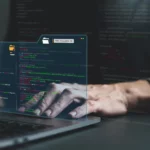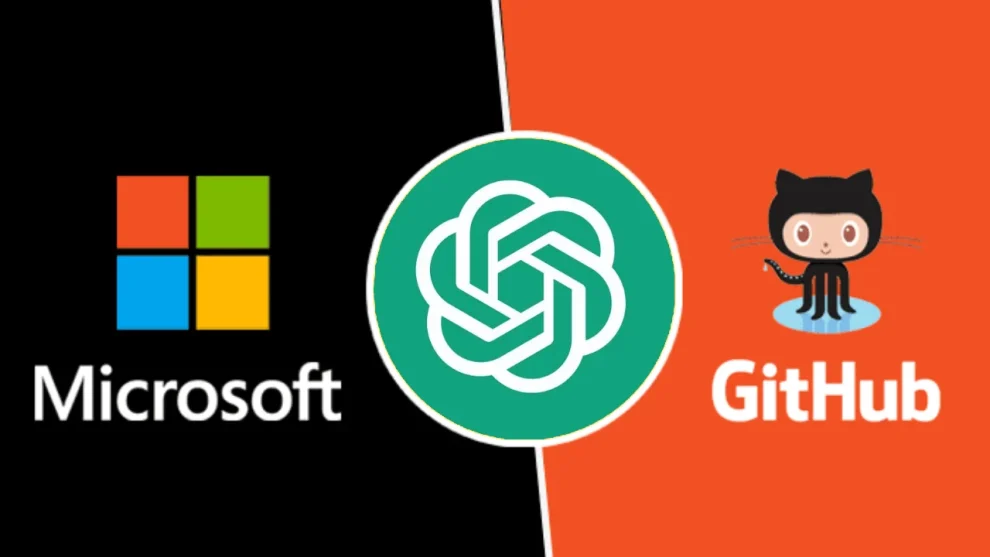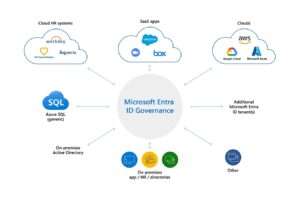A lawsuit against GitHub, Microsoft, and OpenAI, the creators of the AI code completion tool GitHub Copilot, has suffered a significant setback. In a recent court decision, a US District Court judge dismissed most of the claims brought by a group of anonymous developers who alleged that Copilot infringed on their copyrights and violated open-source licenses. While this decision is a major blow to the lawsuit, it leaves one key claim regarding open-source licensing practices unresolved.
A Fight for Code: The Lawsuit Explained
The lawsuit, filed in November 2022, centered around two main arguments:
- Copyright Infringement: The developers claimed that Copilot’s code suggestions, generated by training on a massive dataset of public code repositories, illegally copied portions of their copyrighted code.
- Open-Source License Violations: The lawsuit further alleged that Copilot disregarded the open-source licenses governing much of the code it was trained on. These licenses often dictate how the code can be used, distributed, and modified.
The developers argued that by incorporating copyrighted code and failing to comply with open-source licenses, Copilot essentially misappropriated their work. They sought compensation for damages and a change in Copilot’s practices.
A Complex Web: The Court’s Reasoning
The judge’s decision addressed both claims, offering a mixed verdict:
-
Copyright Infringement Dismissed: The court found that the developers failed to demonstrate substantial similarity between their code and Copilot’s suggestions. Additionally, the judge ruled that fair use principles protected Copilot’s use of small code snippets for training purposes.
-
Open-Source License Claim Partially Survives: The court dismissed arguments related to specific open-source licenses, but allowed the case to proceed regarding claims that Copilot failed to adequately comply with the “attribution” requirements of some open-source licenses. These licenses often require users to credit the original authors when using their code.
The judge’s reasoning highlights the complexities of copyright law in the digital age. While small code snippets might not be individually copyrightable, the lawsuit raises questions about the potential for AI tools to infringe on the creativity and effort invested in larger codebases.
A Cloud of Uncertainty: The Future of the Lawsuit
The dismissal of the copyright infringement claims significantly weakens the lawsuit. However, the remaining claim regarding open-source licensing violations could still pose a challenge for GitHub, Microsoft, and OpenAI. Here’s what lies ahead:
-
Potential for Settlement: Both parties might be more willing to settle the lawsuit now that the copyright claims are gone. Developers might seek assurances of proper attribution and compliance with open-source licenses.
-
A Test Case for AI Tools: This lawsuit could set a precedent for how copyright and open-source licenses apply to AI-powered code generation tools. Future legal battles concerning AI and creativity are likely.
-
The Importance of Transparency: The lawsuit underscores the need for transparency in how AI models are trained and how they utilize code from various sources. OpenAI and other AI developers might need to reassess their practices to ensure compliance with open-source licenses.
While the immediate threat of the lawsuit has diminished, the core questions it raises remain. The future of AI code completion tools like GitHub Copilot will likely hinge on how they address copyright concerns and ensure proper attribution within the open-source ecosystem.
Beyond the Lawsuit: A Broader Conversation
The lawsuit against GitHub Copilot has sparked a wider conversation about the ethical implications of AI code generation. Here are some key points to consider:
-
The Role of Human Creativity: While AI can generate code, the lawsuit highlights the importance of human ingenuity and effort in software development. AI tools should complement, not replace, human creativity.
-
The Open-Source Paradox: Open-source software thrives on collaboration and knowledge sharing. However, the Copilot lawsuit raises concerns about how AI tools might exploit these principles without proper attribution or compensation.
-
The Need for Regulation: As AI continues to evolve, regulations might be necessary to ensure responsible development and use of these powerful tools. Finding a balance between protecting intellectual property and fostering innovation will be crucial.
The legal battle over GitHub Copilot might be far from over, but it has undoubtedly ignited a critical discussion about the future of AI in the software development world. As the technology continues to advance, striking a balance between innovation, ethical considerations, and respect for intellectual property will be paramount.
















Add Comment